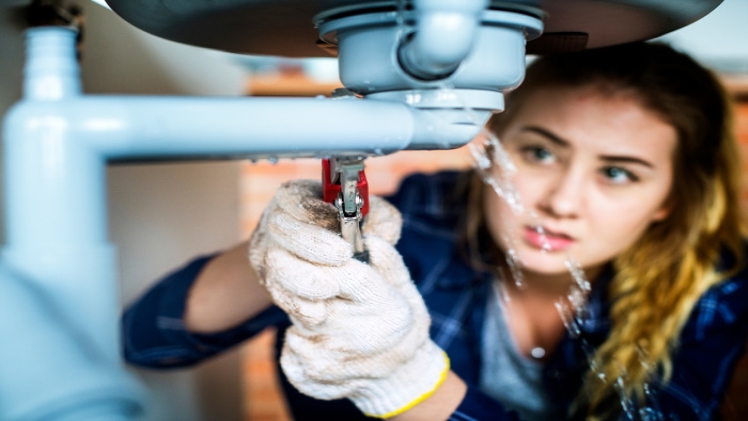Plumbing is one of the most important parts of your home or business. However, it can also be a source of serious problems if not handled properly. A plumber in Gawler can help identify major plumbing issues in your home.
Understanding what the most common plumbing issues are can help you avoid them or know when to call a plumber. It can also save you money in the long run by catching and repairing plumbing issues before they become major repairs or expensive replacements.
Leaky Pipes
A leaky pipe is a major problem that needs immediate attention. It can cause serious water damage, mold growth, and health risks if left untreated.
Luckily, most plumbing issues are preventable. By identifying the causes of leaks, you can avoid costly repairs and ensure that your plumbing is always working properly. wotpost
Leaking pipes can be caused by corrosion, water pressure, clogging, and more. However, they are often difficult to repair.
If you suspect that you have a leaky pipe, use epoxy putty to seal the area. This can be an effective and temporary solution. Depending on the size of your leak, you may need to call a plumber for a more comprehensive fix.
Mineral Buildup
Mineral buildup is one of the most common plumbing issues you’ll encounter in your home. It occurs when water is hard and has a high level of dissolved minerals.
The calcium and magnesium minerals in the water carry over into your pipes and fixtures, which are able to absorb them and form scales when heated. These deposits can cause your drains to become clogged, shower heads to restrict flow, and toilets to develop problems early on.
This can lead to more serious issues such as water heater failure or rusty pipes and faucets. In order to prevent these problems, you need to soften your water with a whole-house water softener system.
Clogged Drains
Whether you’re flushing toilet paper or taking a shower, drains are essential to a healthy plumbing system. When they get clogged, they can cause serious issues.
Fortunately, there are many simple ways to unclog a drain. You can use a plunger or chemical drain cleaners to remove blockages.
Fats and oils can also clog drains. These are usually liquid when you pour them down the sink, but they harden and clump when they reach your main sewer line.
Other items that clog drains include sanitary products and wipes. Wipes, cotton swabs and diapers can grow to be 10 times their original size if they’re flushed down the toilet.
Old Fixtures
Old fixtures are a major cause of plumbing problems in older homes. Handles, faucets, nozzles and valves begin to break down after a certain amount of time, causing leaks and affecting water pressure.
If you’re looking to buy an old home, make sure you have a professional plumbing inspection done first. Plumbers will inspect the entire plumbing system and recommend any repairs that need to be made.
A lot of old homes have leaking sewer lines that send foul-smelling wastewater back into the house. This can be very dangerous, and can have serious health implications if left unchecked.
Sewage Backup
The wastewater you flush or wash down your sinks, toilets and tubs has to go somewhere. Whether it flows to the city sewer system or into a private septic tank, this waste has to be disposed of in some way.
Sewage backups are one of the most common plumbing issues homeowners face. They are a real danger to the environment and pose a serious health risk to your family.
Luckily, they can be prevented by paying attention to the types of things that should not enter your home’s plumbing. These include diapers, feminine hygiene products and hair.

